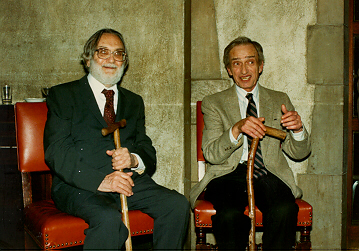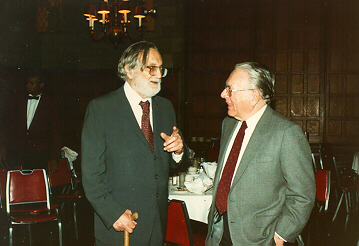<Back to Index>
- Mathematician Max August Zorn, 1906
- Sculptor Domenico Guidi, 1625
- Maresciallo dell' Aria Italo Balbo, 1896
PAGE SPONSOR
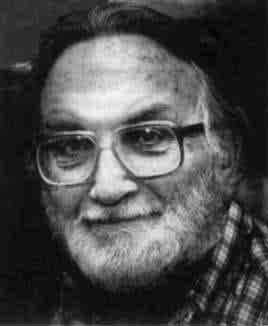
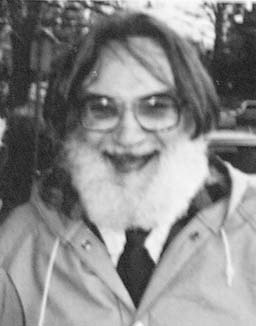
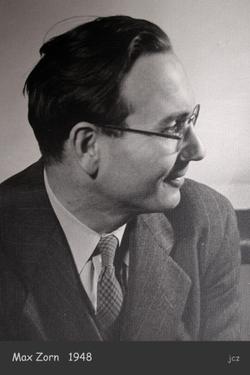
Max August Zorn (June 6, 1906 in Krefeld, Germany – March 9, 1993 in Bloomington, Indiana, United States) was a German born American mathematician. He was an algebraist, group theorist, and numerical analyst. He is best known for Zorn's lemma, a powerful tool in set theory that is applicable to a wide range of mathematical constructs such as vector spaces, ordered sets, etc. Zorn's lemma was first discovered by K. Kuratowski in 1922, and then independently by Zorn in 1935.
Zorn attended the University of Hamburg. He received his Ph.D. in April 1930 for a thesis on alternative algebras. He married Alice Schlottau and they had one son, Jens, and one daughter, Liz. Zorn's grandson Eric Zorn is a columnist for the Chicago Tribune. Zorn's great-grandson, Alex Zorn, excelled in mathematics and was a USAMO qualifier in high school. Max Zorn was appointed as an assistant at the University of Halle but he did not have the opportunity to work there for long since, in 1933, he was forced to leave Germany because of the Nazi policies. He was not, however, Jewish. He emigrated to the United States and was appointed a Sterling Fellow at Yale University. Following his years at Yale, he moved to UCLA where he remained until 1946. He left the University of California to become professor at Indiana University, holding this position from 1946 until he retired in 1971. He was thesis adviser for Israel Nathan Herstein.
According to Indiana University math professor Kent Orr,
a traffic light was installed near the math building on account of Zorn
nearly being killed by a car as an elderly professor emeritus. Zorn was
also an avid guitar player; there is a picture of him playing guitar hanging in Rawles Hall, where Bloomington's math faculty resides.
